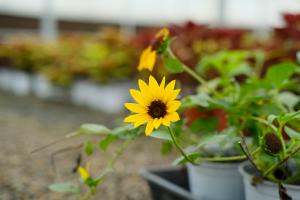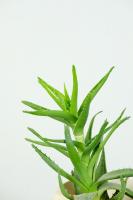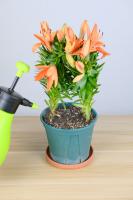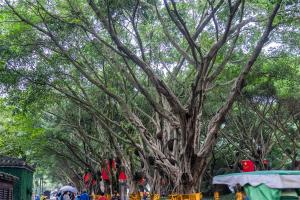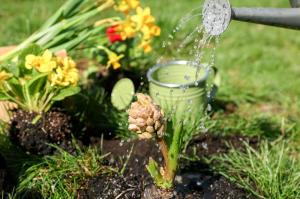How to Plant Crabapple Trees for Deer
When it comes to creating successful deer hunting plots, the planting of fruit trees, such as crabapple trees, can be an effective strategy. These trees provide a nutrient-dense food source that can help improve the overall health of the deer population. In this article, we'll discuss how to plant crabapple trees for deer, including the best type of crabapple to plant, when to plant, and tips for maintaining the health of your trees.
Choosing the Right Crabapple
The first step in planting crabapple trees for deer is choosing the right variety. While there are many different types of crabapple trees available, some are better suited for deer than others. Ideally, you'll want to look for a variety that produces small, persistent fruit that will remain on the trees well into the winter months. This will provide a reliable food source for deer during the colder months when food is scarce. Good varieties to consider include Prairie Fire, Sugar Tyme, and Dolgo.
Planting Location
Once you've chosen your crabapple variety, it's time to prepare your planting location. For the best results, look for an area with well-drained soil that receives plenty of sunlight throughout the day. You'll also want to clear away any weeds or other vegetation that could compete with your trees for nutrients. It's also important to plant your trees away from any areas where they may be damaged by heavy equipment or other activities.
Planting Techniques
When planting crabapple trees for deer, it's important to use the proper planting techniques to ensure the health and longevity of your trees. Start by digging a hole that is twice as wide as the root ball and just deep enough to allow the tree to be planted at the same depth it was grown in the nursery. Once the hole is prepared, add any necessary soil amendments, such as compost or fertilizer, and then place the tree in the hole, making sure it is straight and upright. Finally, fill in the hole with soil and water thoroughly.
Caring for Your Trees
After planting your crabapple trees, it's important to properly care for them to ensure they grow strong and healthy. This includes regular watering, mulching, and pruning. Make sure to water your trees thoroughly once or twice a week, especially during hot, dry weather. Mulching around the base of your trees can help retain moisture and prevent weed growth. Finally, prune your trees annually to promote healthy growth and to remove any dead or damaged branches.
Conclusion
Planting crabapple trees for deer can be a great way to provide a nutrient-rich food source for the local deer population while also improving your chances of a successful hunt. By choosing the right variety, planting in the right location and using proper planting techniques and maintenance, you can create a thriving orchard that will benefit both you and the deer in your area.

 how many times do yo...
how many times do yo... how many planted tre...
how many planted tre... how many pine trees ...
how many pine trees ... how many pecan trees...
how many pecan trees... how many plants comp...
how many plants comp... how many plants can ...
how many plants can ... how many plants and ...
how many plants and ... how many pepper plan...
how many pepper plan...
